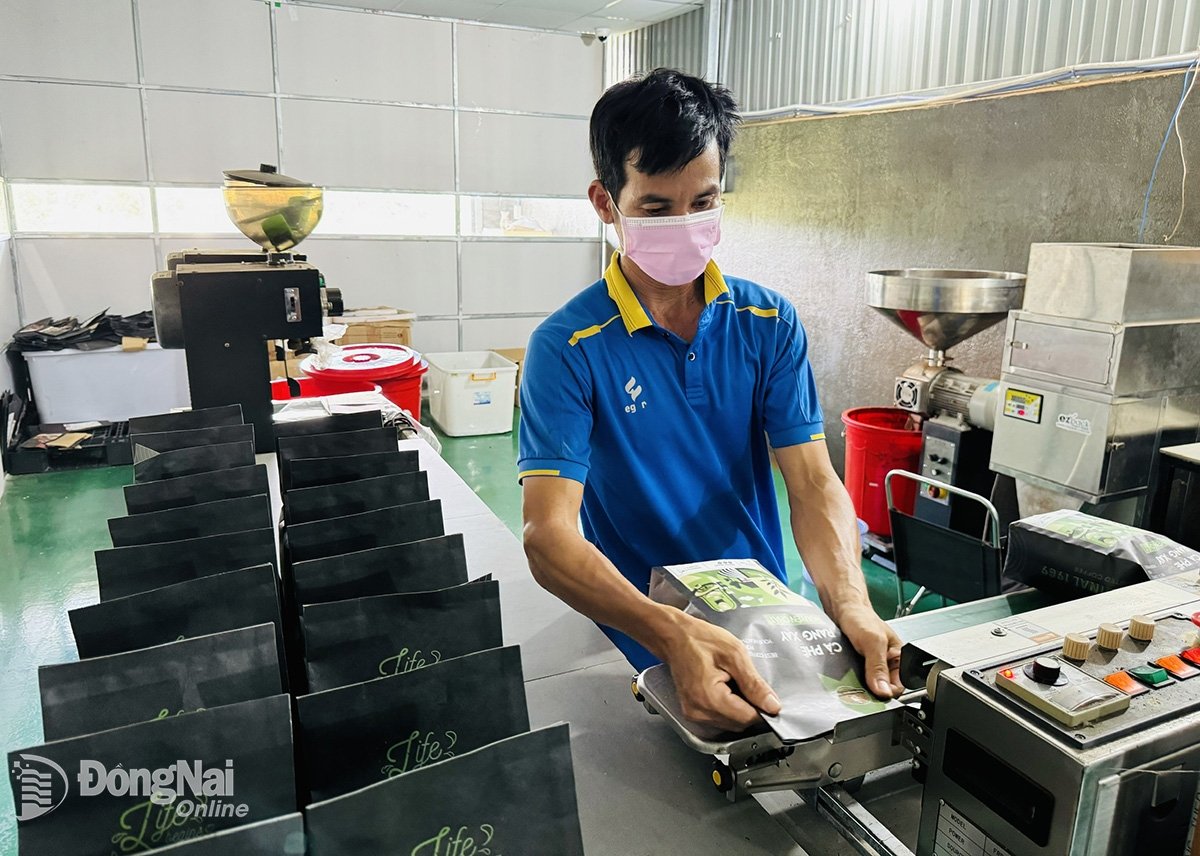 |
| A private enterprise in Dinh Quan district invests in deep processing of coffee products. Photo: B.Nguyen |
The goal is to develop key industrial clusters, improve product quality, added value, and competitiveness; adapt to climate change. Form concentrated, large-scale key industrial cluster production areas, associated with processing to increase added value.
Reduce area, increase productivity
The province's key industrial clusters include rubber, cashew, coffee, and pepper. Specifically, with pepper, the area by 2025 will be more than 10,000 hectares, with an output of more than 9.5 thousand tons; by 2030, it will be only more than 9.9 thousand hectares, with an output of nearly 21.3 thousand tons. To achieve the goal of slightly reducing the area but doubling the output compared to the present, the solution is to synchronously apply advanced farming techniques. Build a system of first-line pepper seed gardens, apply disease-free pepper seed production techniques to provide seeds for the newly planted pepper area using standard seeds of about 40-50%.
The target for 2025 is that the whole province will have more than 82.4 thousand hectares of key industrial parks, with an output of 143 thousand tons. By 2030, the total area of key industrial parks will be about 77.1 thousand hectares, with an output of more than 107.2 thousand tons.
In 2025, the cashew growing area will be nearly 27 thousand hectares, with an output of nearly 41.1 thousand tons; by 2030, there will be 25 thousand hectares, but productivity will increase. The goal by 2030 is that about 80-90% of the newly planted cashew growing area will use standard varieties; and intensive technical measures will be applied synchronously to increase productivity.
Currently, the province's coffee growing area is nearly 5.3 thousand hectares, with an output of nearly 13.4 thousand tons; by 2030, it will increase to about 6 thousand hectares, with an output of more than 15 thousand tons. The province will develop coffee growing areas in places with favorable conditions, combining cultural development, tourism , services... Continue to replant and graft to improve old, low-yielding coffee areas with new varieties of high yield, high quality, and disease resistance...
By 2025, the rubber area will reach nearly 40,200 hectares, with an output of more than 41,700 tons; by 2030, it will be nearly 36,100 hectares, with an output of more than 42,200 tons. The rubber area will decrease sharply due to conversion to other crops; promoting replanting of mature orchards and intensive cultivation of existing orchards, improving productivity and quality.
Attracting investment in deep processing
Recently, Dong Nai has proposed many solutions to develop concentrated industrial zones according to the value chain, ensuring quality according to the requirements of the domestic and export markets.
Chairman of the Farmers' Association of Lam San Commune (Cam My District) Truong Dinh Ba shared that the local Pepper Large Field Project attracted the participation of 700 production households with an area of 877 hectares. In particular, farmers use IMO probiotics in production to compost and make pesticides, saving input production costs, but importantly, converting production towards organic to make safe products. Thanks to that, pepper products participating in the chain have a higher selling price than the general market level; meeting export standards to demanding markets such as Europe.
In addition to the advantage of developing specialized industrial zones, Dong Nai is among the top in the country in attracting many large enterprises in the field of trading, processing and exporting agricultural products, especially industrial processed products.
A representative of Olam Vietnam Co., Ltd. (in Bien Hoa 2 Industrial Park) said that the company is exporting about 40 thousand tons of cashew nuts per year, including cashew nuts and deeply processed cashew products, to many markets such as Europe, the United States, etc. All processing and packaging stages of the company are automated with modern technology to ensure product quality standards. The company is also very interested in investing in and building raw material areas, including raw material areas produced according to organic standards to meet market demand.
Currently, many enterprises are investing in deep processing and building product brands to increase competitive advantage in the market.
Director of Tran Minh Agricultural Products Company Limited (Phu Tan Commune, Dinh Quan District) Tran A Sang said that the sharp decrease in coffee supply has caused coffee prices to increase. Pure coffee business has encountered many difficulties. In recent years, enterprises have focused on investing in deep processing, building brands and private labels for products to create more added value as well as competitive advantages in the market.
According to Deputy Director of the Department of Agriculture and Environment Tran Lam Sinh, enterprises in the field of processing and exporting agricultural products are increasingly interested in applying modern machinery and technology to save production costs, make high-quality products, and increase competitive advantages in both domestic and export markets. The province is also very interested in implementing well policies related to the agricultural and rural areas to support farmers and enterprises such as: supporting the development of seed production to serve the restructuring of the agricultural sector; encouraging the development of cooperation and association in the production and consumption of agricultural products; transferring science and technology into production; developing cooperatives... In particular, special attention is paid to supporting and encouraging enterprises to invest in preliminary processing, preservation, and processing facilities, especially deep processing.
Binh Nguyen
Source: https://baodongnai.com.vn/kinh-te/202505/dong-nai-nang-cao-gia-tri-cho-cay-cong-nghiep-chu-luc-e6817e5/




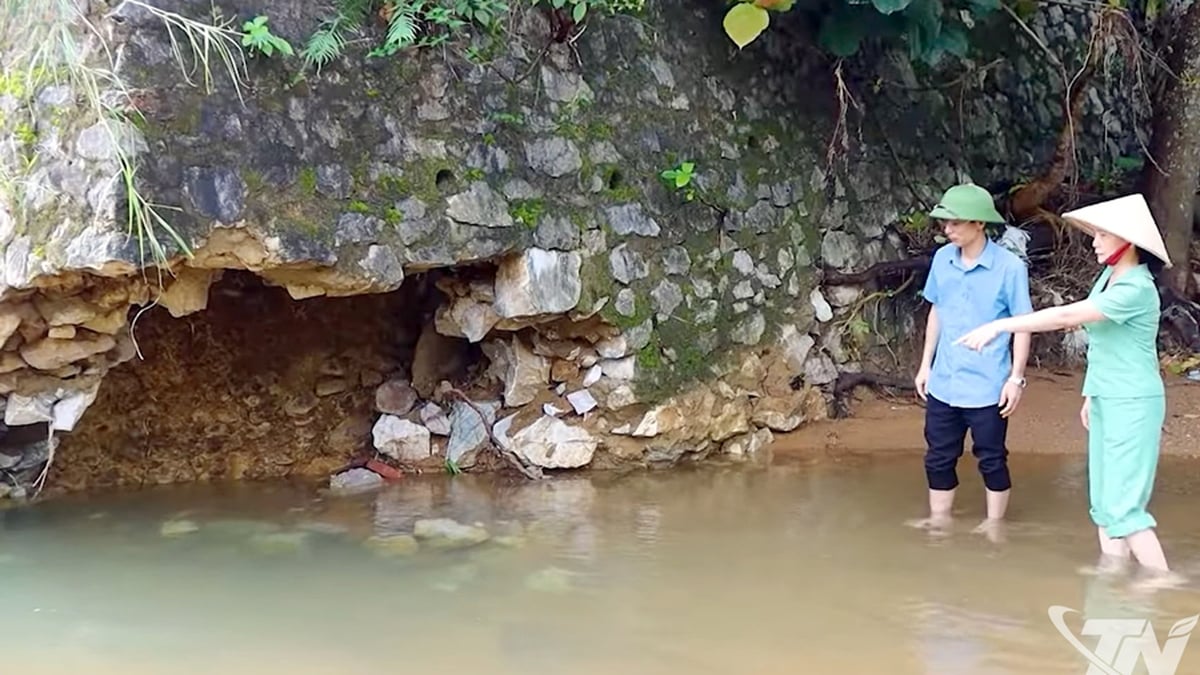


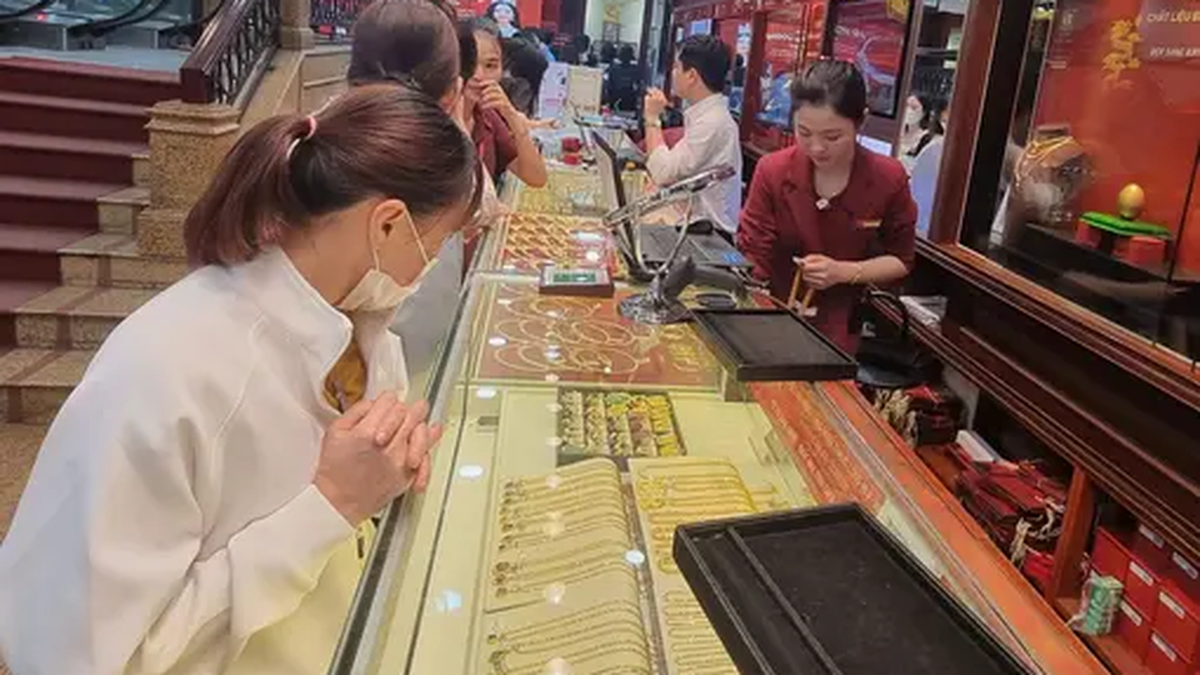
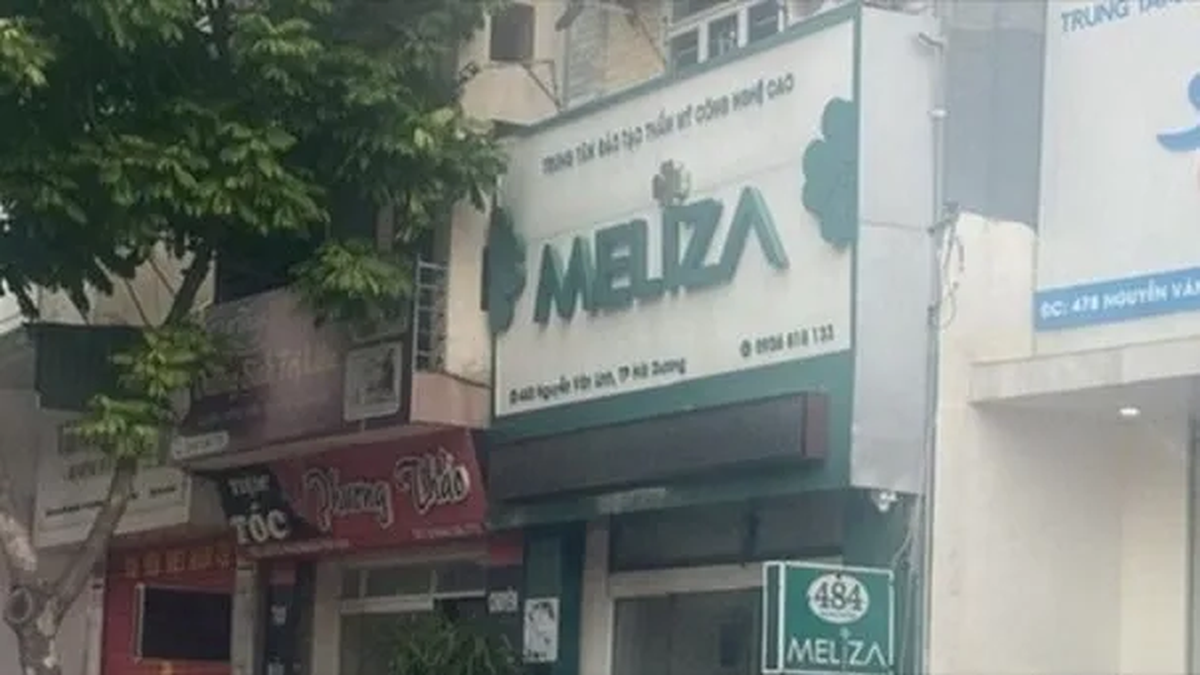

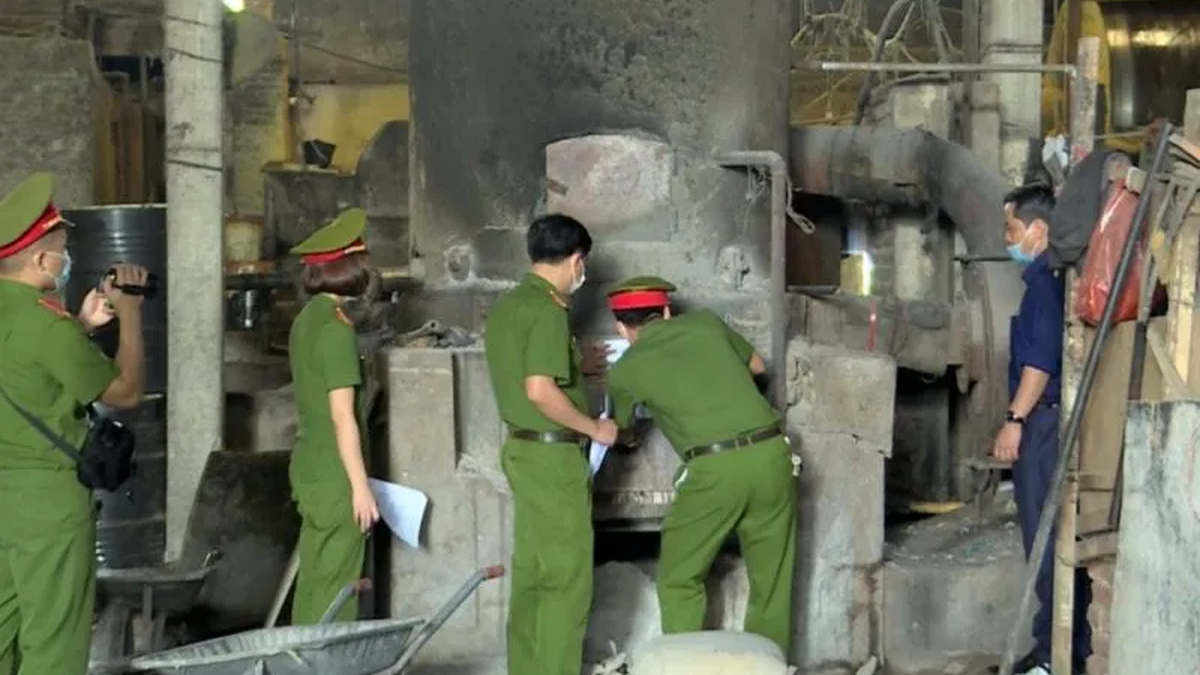































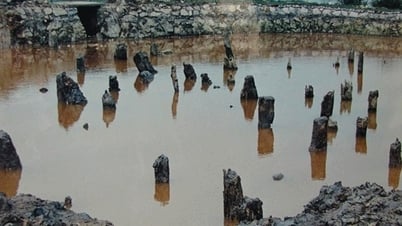

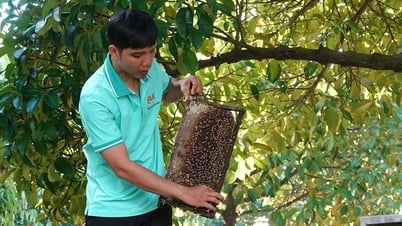



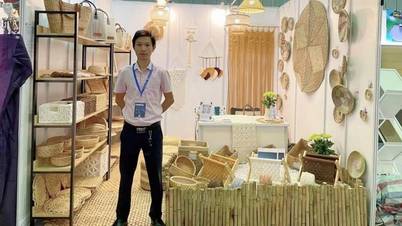
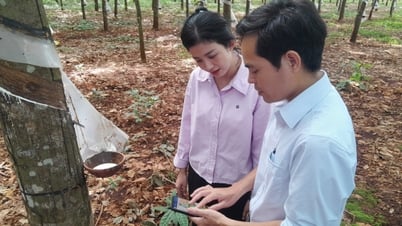



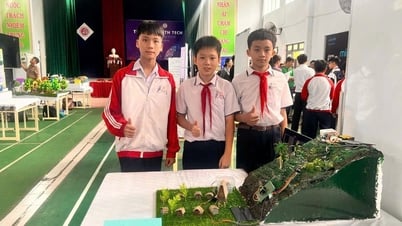








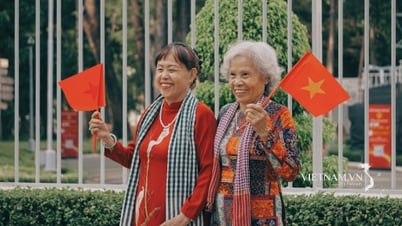




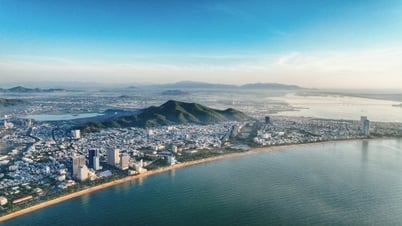




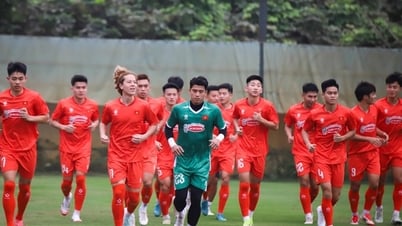



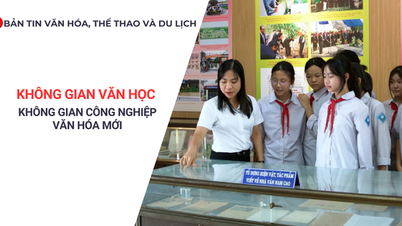

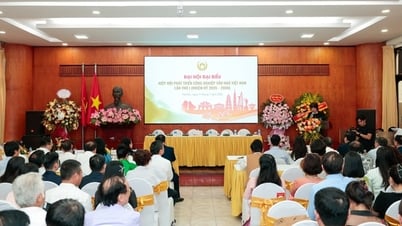






















Comment (0)